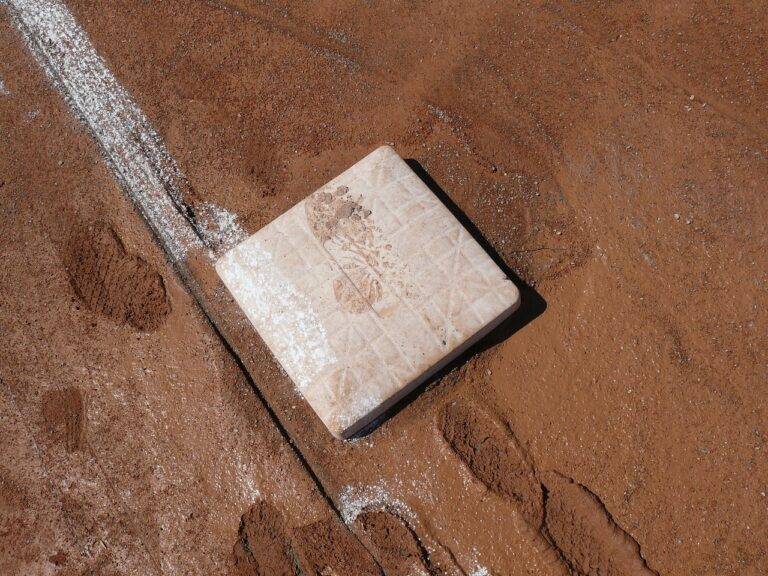Copyright and Photography: Protecting Your Creative Rights
11xplay online id, anna reddy book, golden7777.com admin: Copyright and Photography: Protecting Your Creative Rights
As a photographer, whether you’re a professional or an amateur, it’s crucial to understand the rules and regulations surrounding copyright in photography. Protecting your creative rights is essential to ensure that your work is not stolen or used without your permission. In this blog post, we’ll delve into the world of copyright and photography, providing you with valuable information on how to protect your work and what to do if your rights are infringed upon.
Understanding Copyright in Photography
Copyright is a legal right that grants the creator of an original work exclusive rights to that work. In the world of photography, copyright gives you the exclusive right to reproduce, distribute, display, and create derivative works based on your original photographs. This means that as the creator of a photograph, you have the right to control how it is used and who can use it.
Copyright in photography is automatic as soon as you click the shutter button and create a photograph, you are the owner of the copyright to that image. You don’t need to register your work or include a copyright symbol for it to be protected. However, registering your work with the U.S. Copyright Office can provide you with additional legal protection in case of infringement.
Protecting Your Creative Rights
To protect your creative rights as a photographer, there are a few key steps you can take:
1. Watermark your images: Adding a watermark to your photographs can help deter others from using your work without permission. While watermarks can be removed, they serve as a visual reminder of your ownership of the image.
2. Include copyright information: Add copyright information to your images’ metadata to clearly indicate your ownership of the work.
3. Keep records: Keep detailed records of your photographs, including when and where they were taken. This can be valuable evidence in case of copyright infringement.
4. License your work: Consider licensing your images for commercial use to control how they are used and generate income from your work.
5. Monitor the use of your images: Regularly search the internet for your images to ensure they are not being used without your permission. There are tools available that can help you track the use of your photographs online.
6. Understand fair use: Familiarize yourself with the concept of fair use, which allows limited use of copyrighted material without permission for purposes such as criticism, commentary, and news reporting.
What to Do if Your Rights are Infringed Upon
If you discover that your photographs have been used without your permission, there are steps you can take to protect your rights:
1. Contact the infringer: Reach out to the individual or organization using your photographs without permission and request that they cease and desist from using your work.
2. Send a DMCA takedown notice: If the infringing party does not comply with your request, you can send a DMCA takedown notice to have the content removed from the internet.
3. Seek legal advice: If the infringement continues or if you believe there has been significant damage to your work or reputation, consider seeking legal advice to explore your options for legal action.
Copyright and photography are complex topics, but by understanding your rights as a photographer and taking the necessary steps to protect your work, you can safeguard your creative endeavors and ensure that your photographs are used in a way that respects your ownership.
FAQs
Q: Do I need to register my photographs with the U.S. Copyright Office?
A: While registration is not required for copyright protection, it can provide additional legal benefits in case of infringement.
Q: Can I use someone else’s photograph if I give them credit?
A: Giving credit to the original creator does not negate copyright infringement. You must obtain permission from the creator to use their work.
Q: How long does copyright protection last for photographs?
A: In the U.S., copyright protection for photographs lasts for the life of the creator plus 70 years.
Q: Can I sell or license my photographs if I don’t own the copyright?
A: No, you must be the owner of the copyright to sell or license your photographs.
Q: What is the penalty for copyright infringement?
A: Copyright infringement can result in legal action, including monetary damages and injunctions to stop the unauthorized use of copyrighted material.
By educating yourself on copyright law and taking proactive steps to protect your photographs, you can ensure that your creative rights are respected and your work is used in a way that aligns with your artistic vision. Remember, as a photographer, your work is a reflection of your unique perspective and creativity it deserves to be protected.







